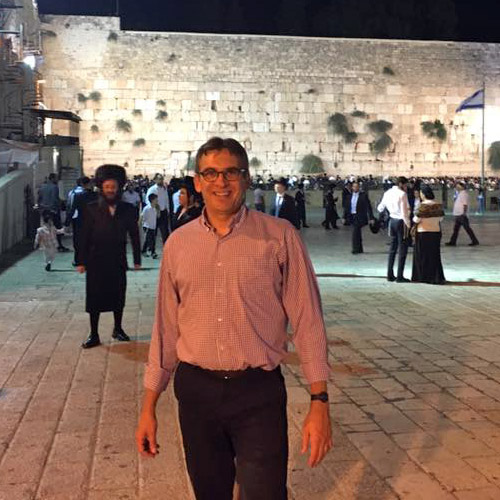
Michael Neiberg, Ph.D., 1996
February 18, 2017
I work with senior-level national security professionals from the United States and 80+ partner countries. My job is to introduce them to historical models that can help them better understand global crises. Most of my students are lieutenant colonels and colonels who have been successful in their career fields, but have not yet dealt much with large-scale political or social issues. They will leave the Army War College to become generals, senior advisors, and defense attachés in embassies worldwide.
I hope that teaching them how to think historically will help them see how much more complex most global issues are than they seem in the day’s headlines. An education in history can help them to see connections between global situations and can, hopefully, help them to anticipate problems before they emerge. For example, I have recently done a study of French responses to jihadism that looks to link that issue to historical responses to terrorism more generally. In the fall, I hope to start working with some of our European students to take a deep look at issues of European collective security.
My education at Carnegie Mellon was fundamental. Social history helped me to see all of the non-military and non-political factors at work in the international security environment. The Policy history focus of the program helped me to understand how ideas become policy. At the strategy and policy level, our students need this kind of knowledge, not a history of battles, campaigns, and generals. Social history is thus a valuable tool in understanding the roots of interstate conflict, terrorism, and peacemaking. It isn’t what I thought I’d be doing when I left CMU, but I love it.